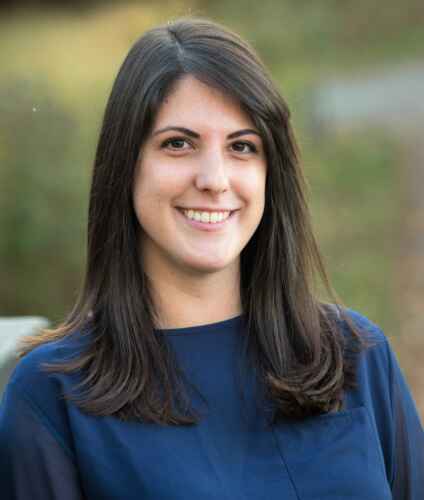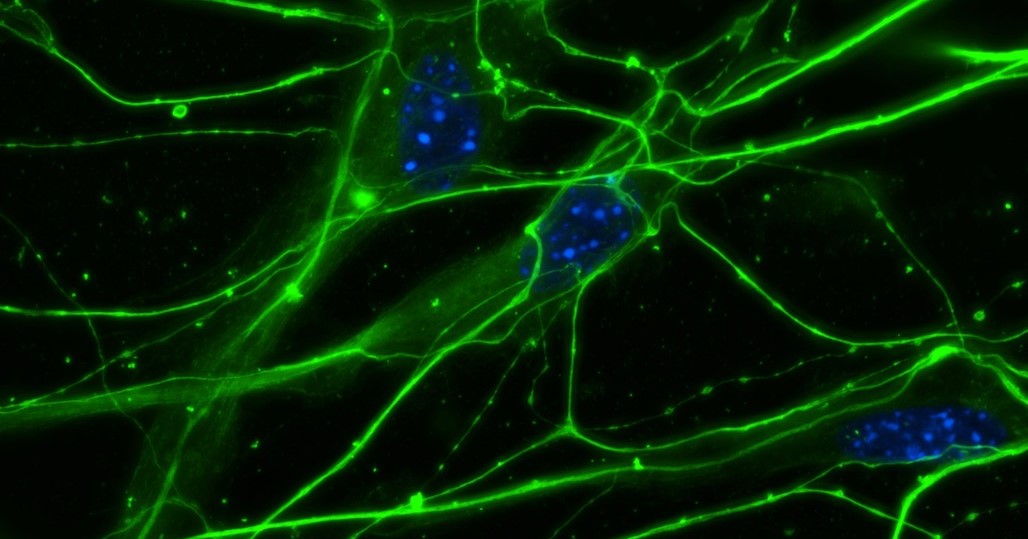
Improving wound healing is the ultimate goal of a University of Guelph research project that has received funding from Canada’s Stem Cell Network (SCN).
Dr. Samantha Payne, a professor in the Department of Biomedical Sciences, Ontario Veterinary College, has received almost $275,000 to study how nerves modulate the response of organs and tissues to injury.
In response to injury, humans and other mammals typically scar, which can lead to impaired function, disability, and reduced quality of life. Many non-mammalian species, such as the gecko, can completely restore whole appendages or organs.
Payne and her team will isolate mammalian and non-mammalian stem cells to study how their behaviour changes in the presence of neurons and neurotransmitters.
“Using cell culture models, we can add a compound —neurotransmitters or drugs— then see how it changes the behaviour of the cells, if it encourages or inhibits healing and regeneration,” said Payne. “This knowledge can inform future research on ways to help wounds heal better, with less scarring.”
“Cutting-edge innovation depends on well-founded fundamental science,” said Dr. Malcolm Campbell, vice-president (research). “We are most grateful for the generous support that the Stem Cell Network will provide to enable this outstanding University of Guelph early career researcher to make fundamental discoveries that elevate our understanding of cell biology and fuel innovations that will improve life.”
Payne’s research is one of 32 stem cell and regenerative medicine projects and clinical trials being funded by the SCN this year. With funding from the Government of Canada, SCN has provided a total of $19.5 million to support projects across the country.
“The Government of Canada is pleased to support this groundbreaking research to improve life that will build on expertise in Guelph and across Canada through regenerative stem cell research,” said Guelph MP Lloyd Longfield.
Contact:
Dr. Samantha Payne
spayne@uoguelph.ca
